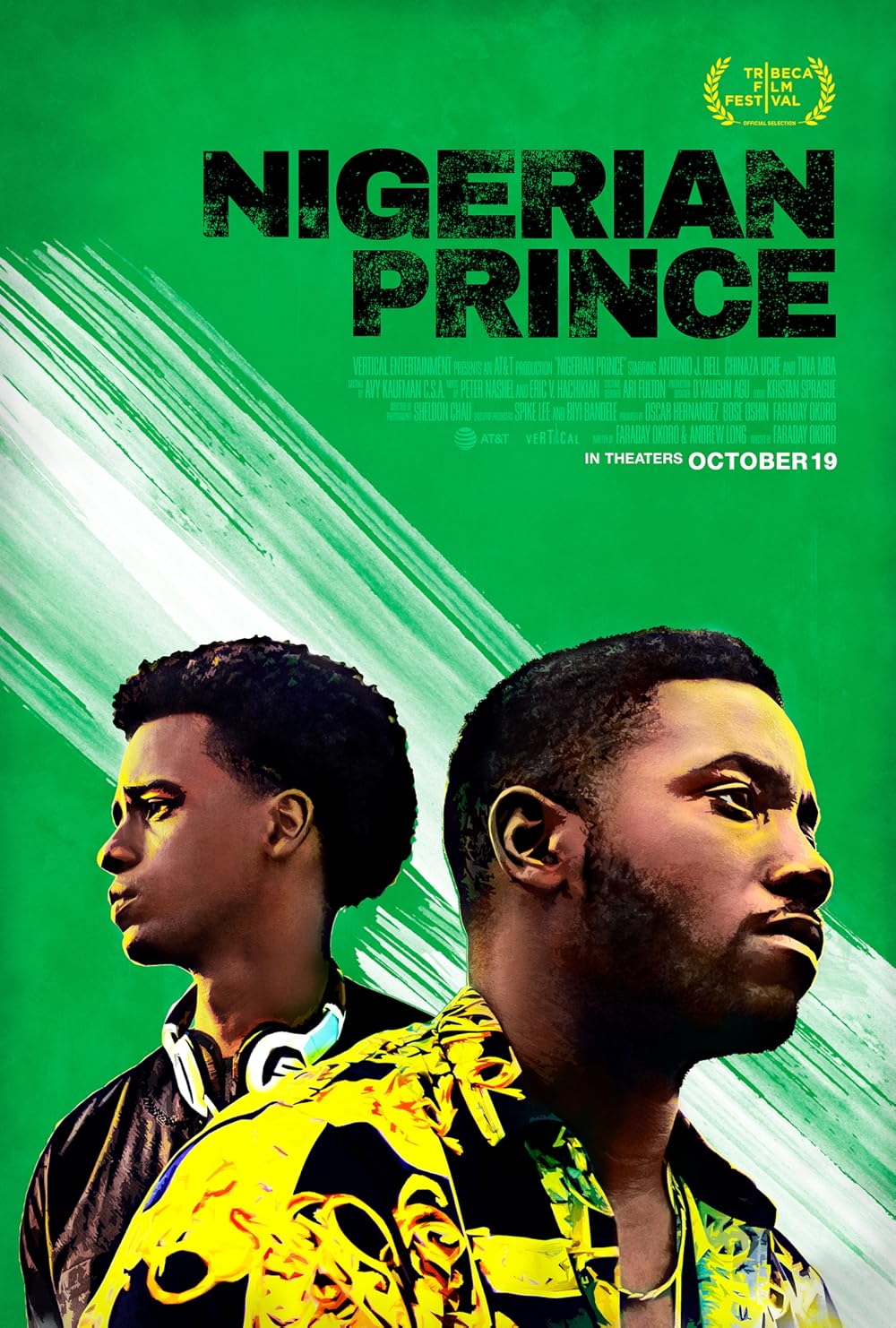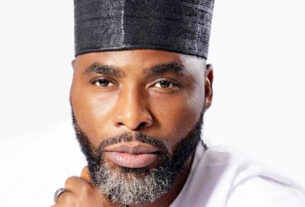
Nigerian Prince, directed by Faraday Okoro, is a thought-provoking thriller that premiered at the Tribeca Film Festival and later made its way to U.S. theaters. The film stands out for its compelling narrative, which blends elements of suspense, drama, and cultural exploration, offering viewers a nuanced look at the complexities of identity, family, and survival. It garnered critical acclaim and gained additional recognition after winning the AT&T Presents: Untold Stories grant, a prestigious award that supports diverse voices in filmmaking.
The story revolves around Eze, a Nigerian-American teenager whose life takes an unexpected turn when his mother decides to send him to Nigeria as a way of reconnecting with his cultural roots. For Eze, the move feels like a punishment rather than an opportunity. Thrust into an unfamiliar world, he struggles to navigate the cultural and social dynamics of his new environment. His frustration grows as he becomes increasingly desperate to return to the United States, where he believes he truly belongs.
In his quest to escape Nigeria, Eze forms a tenuous alliance with his cousin, Pius, a charismatic but morally ambiguous figure who earns his living through internet fraud, commonly referred to as “419 scams.” Pius introduces Eze to the shadowy underworld of Nigerian email scams, a notorious scheme that has become emblematic of global online fraud. Together, they concoct a plan to raise the money Eze needs for his return ticket. However, their partnership is fraught with tension, as Eze wrestles with the ethical dilemmas of their actions and the harsh realities of life in Nigeria.
The film’s themes resonate deeply with audiences, exploring the push-and-pull of cultural identity for individuals caught between two worlds. Eze’s internal conflict serves as a powerful lens through which the film examines broader issues of belonging, heritage, and the sacrifices one must make to achieve personal freedom. Simultaneously, Nigerian Prince sheds light on the pervasive impact of internet scams, both as a survival mechanism for the perpetrators and as a source of distrust and harm for their victims.
Faraday Okoro’s direction brings authenticity and depth to the story, with vivid cinematography that captures the vibrant yet challenging realities of life in Nigeria. The performances of the cast further enhance the film’s impact, with characters that feel both relatable and complex. Through its engaging narrative and emotional depth, Nigerian Prince goes beyond the surface of its thriller premise to deliver a story rich with meaning and cultural insight.
The film’s success at the Tribeca Film Festival and its subsequent release in the U.S. underscore its significance as a work of art that bridges cultural gaps and sparks important conversations. Nigerian Prince not only entertains but also challenges viewers to think critically about identity, family, and the lengths people will go to in pursuit of their dreams. It remains a standout example of how storytelling can illuminate the human experience in all its complexity.




